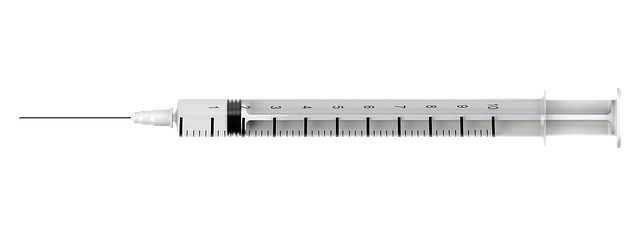Does the MMR vaccine link to autism?
The general public has gone on for more than a decade believing that the MMR vaccine inflicts more harm than good. This vaccine is known to prevent diseases such as measles, mumps, and rubella. Yet, there is a widespread notion that this vaccine causes autism in children.
This scare generated in 1998 when a case series in the Lancet, an English medical journal, was published that showed unreliable results due to an uncontrolled experiment. It suggested that the MMR vaccine caused autism cases in children.. “That study should not be trusted because data was falsified,” said Nirvisha Singh (11). According to the National Center for Biotechnology Information, the Lancet refuted this investigation in February 2010 due to the multiple errors in the publishment. A main reason as to why scientists believed that this was true to begin with is the fact that children develop autism around the same time as they receive the vaccine.
Vaccine safety experts at CDC and the American Academy of Pediatrics, agree that MMR vaccine is not responsible for recent increases in the number of children with autism. In 2004, a report by the Institute of Medicine determined that there is no connection between autism and MMR vaccine. Yet, many still stray away from this vaccine, causing a decrease in the amount of people receiving the MMR, according to Autism Speaks. Jessica Clark, an IB Biology teacher at Northern, says that when people ignore data that proves the disassociation between the vaccine and autism, it is due to the world’s “scientific [illiteracy].” She continues, “They put more authority in what they read on Buzzfeed and Facebook, than they do in actual scientific evidence.”
Those who are against the MMR, along with others who oppose vaccines, including doctors, have joined to form an anti-vaccine movement, as reported by the Committee of Skeptic Inquiry. Members fear possible risks and injuries that can result from a vaccination. They appear to have a stronghold over our population. The Centers for Disease Control and Prevention approximate the national average of people who have received vaccines to currently be 71.6%. This can be dangerous due to the fact that when the percentage of children in a region who have received the MMR vaccine, specifically, is below 90%, a widespread outbreak of the disease will occur. This is especially significant because measles kills around 100,000 children every year.
The disregard of certain vaccines may prove to have an adverse affect on one’s health, due to the immunizations’ benefits. The Centers for Disease Control and Prevention state, “one dose of MMR vaccine is 93% effective against measles, 78% effective against mumps, and 97% effective against rubella.” People find that it is important for the entire population to receive vaccinations in order to avoid widespread disease.“When someone gets vaccines it not only helps their health, but also the health of all people around that vaccinated person,” said Caitlyn Cardwell (10).
Whether or not one agrees with the ethics behind vaccines, it is proven fact from countless studies conducted by expert scientists in the field that the MMR vaccine is not one to fear.




